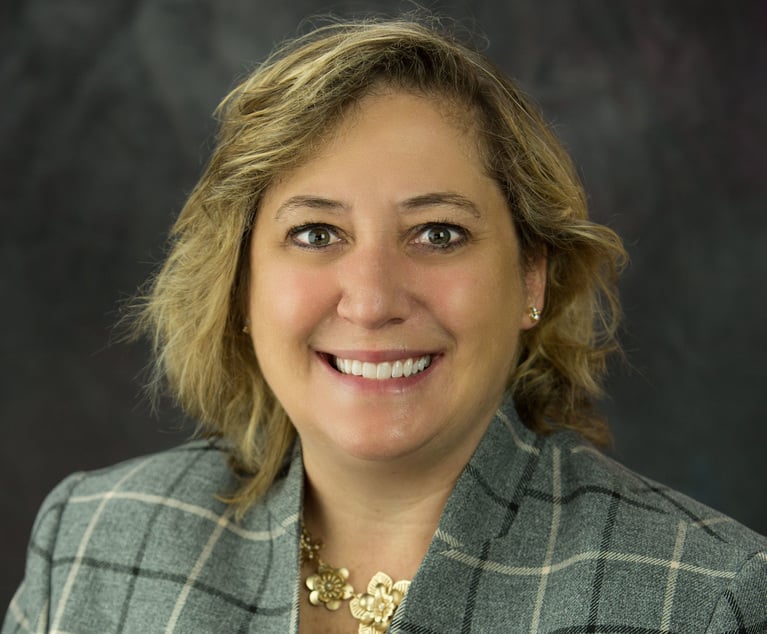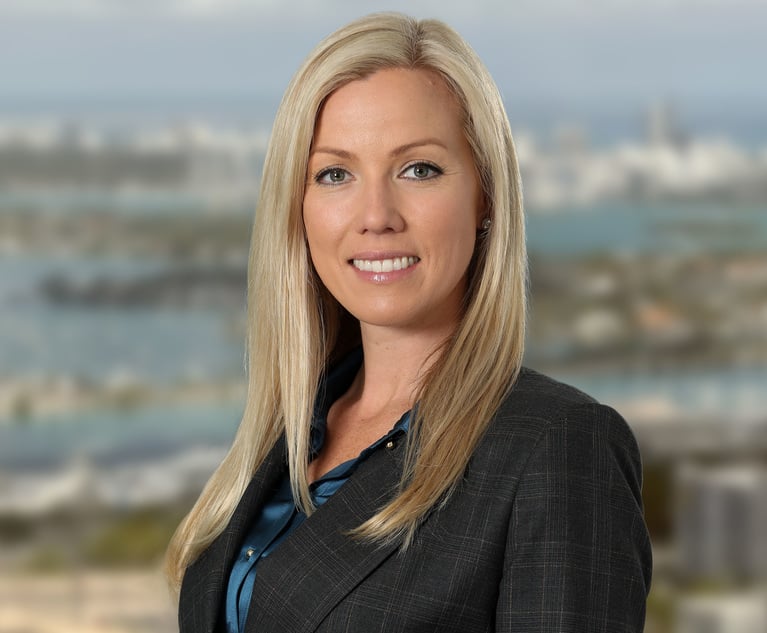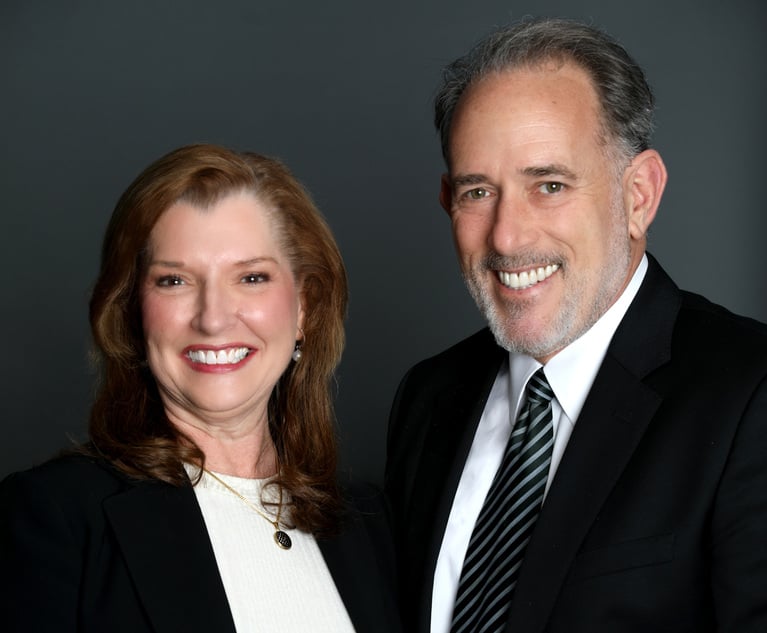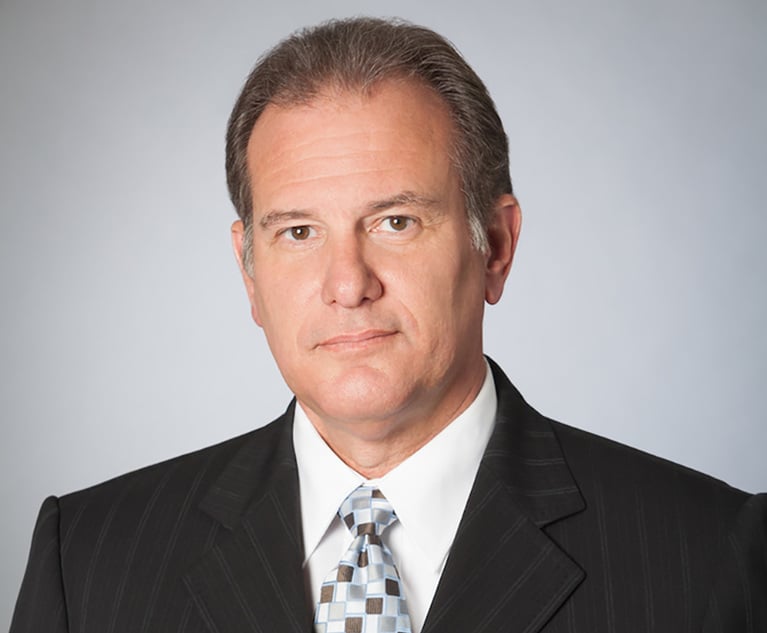After nearly 20 years in law schools in New York City, I made the leap (along with thousands of others) to Florida as of July 2021. As a recent transplant to Florida and working at a law school, my eyes are finely tuned to the Florida legal community as it is and as it is evolving. Apparently, mine are not the only eyes on the Florida legal market as the AmLaw 100 and AmLaw 200 firms have Florida in its sites for expansion. Every week it seems that a big, white-shoe law firm is opening a Florida office. It is also not just large law firms paying attention to the Florida market, but also large consultancies are poised to explode in Florida. Finally, the “big migration” from north to south in the past 18 months has buoyed southern law firms especially in certain areas of the law. Does this mean an influx of attorneys to the Florida legal market? In 2020, Florida had 78,244 licensed attorneys—I would be very interested to know what that number will be in 2022.
The boom in work and influx of new firms can mean several things for the evolving Florida legal market. Here are some things to consider:
- We can’t get mid-level associates! Mid-level associates are the darling of law firms—they know enough to be autonomous (and bill at a decent rate) and are not too expensive to hire. However, one of the repercussions of the “Great Resignation” is the dearth of trained associates willing to work at law firms. Everyone keeps describing the lateral market as “feverish” and I believe that is an accurate account of what is happening. However, the reason the competition for talent is so feverish is because many associates left the law. The types of life assessments and introspection that went on during the pandemic led to many associates pivoting their careers away from law firm life which can be grueling especially for associates. To their credit, firms are also reassessing how they work and trying to adjust for talent retention. This is not particularly a Florida problem as firms all over the country grapple with the loss of mid-levels. However, a partial solution may be in looking that many of the best associates are home grown. Train them up beginning when they are law students. Firms of all sizes can benefit from hiring a 3L right now and training them now—to become an associate in fall 2023. Not a fancy summer associate gig but a real law clerk to associate training. These associates will punch above their weight class as a first-year associate because they have been at the firm for a year already by the time they start as an associate. The competition for talent will become even more fierce in the coming years/months. Be strategic on your hiring and get ahead of the curve.
- The pandemic had many states review their bar exams in form and in substance. Many states went for the uniform bar exam (UBE), virtual bars and a couple even did diploma privilege for the first time. Does the current growth and evolution of the Florida legal community mean a change in the Bar exam is warranted? Florida is one of 9 states left in the US that has not opted for the UBE. If you score high enough on the UBE it is currently portable to 40-plus other states (and the U.S. Virgin Islands). However, if you take the Florida bar exam and pass you will only ever be able to use that score in Florida. Will the increased demand for talent in the state make the bar examiners finally capitulate or will the stand-alone Florida bar exam prevail? While it is a good argument, it is doubtful that that bar examiners in Florida will change their minds on the bar exam.
- Virtual work is now a thing—forever. The actual act of recruiting has also changed forever. It is now completely acceptable to do all screening interviews via Zoom or the like. It is even acceptable to do all interviews virtually, although maybe not ideal. It is also a credible reality to have an associate living and working in Jacksonville, for a firm whose sole office is in Naples. Talent no longer needs to be local. This opens up many doors for firm recruitment. Many firms and legal departments learned to work efficiently and effectively on a virtual basis. Virtual work on a whole has both pluses and minuses but the significant benefit is that you can have talent working from anyway (as long as they have the Florida bar). This opens the door for firms to hire great talent without overhead.


 Jill Backer, Associate Dean for Professional Development and Alumni Affairs of Ave Maria Law School. Courtesy photo
Jill Backer, Associate Dean for Professional Development and Alumni Affairs of Ave Maria Law School. Courtesy photo




